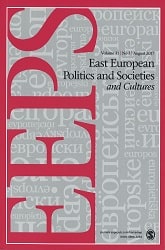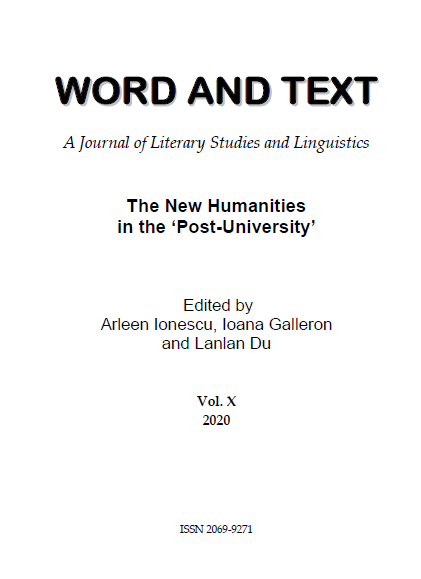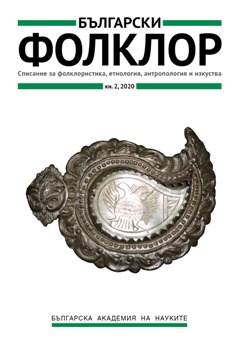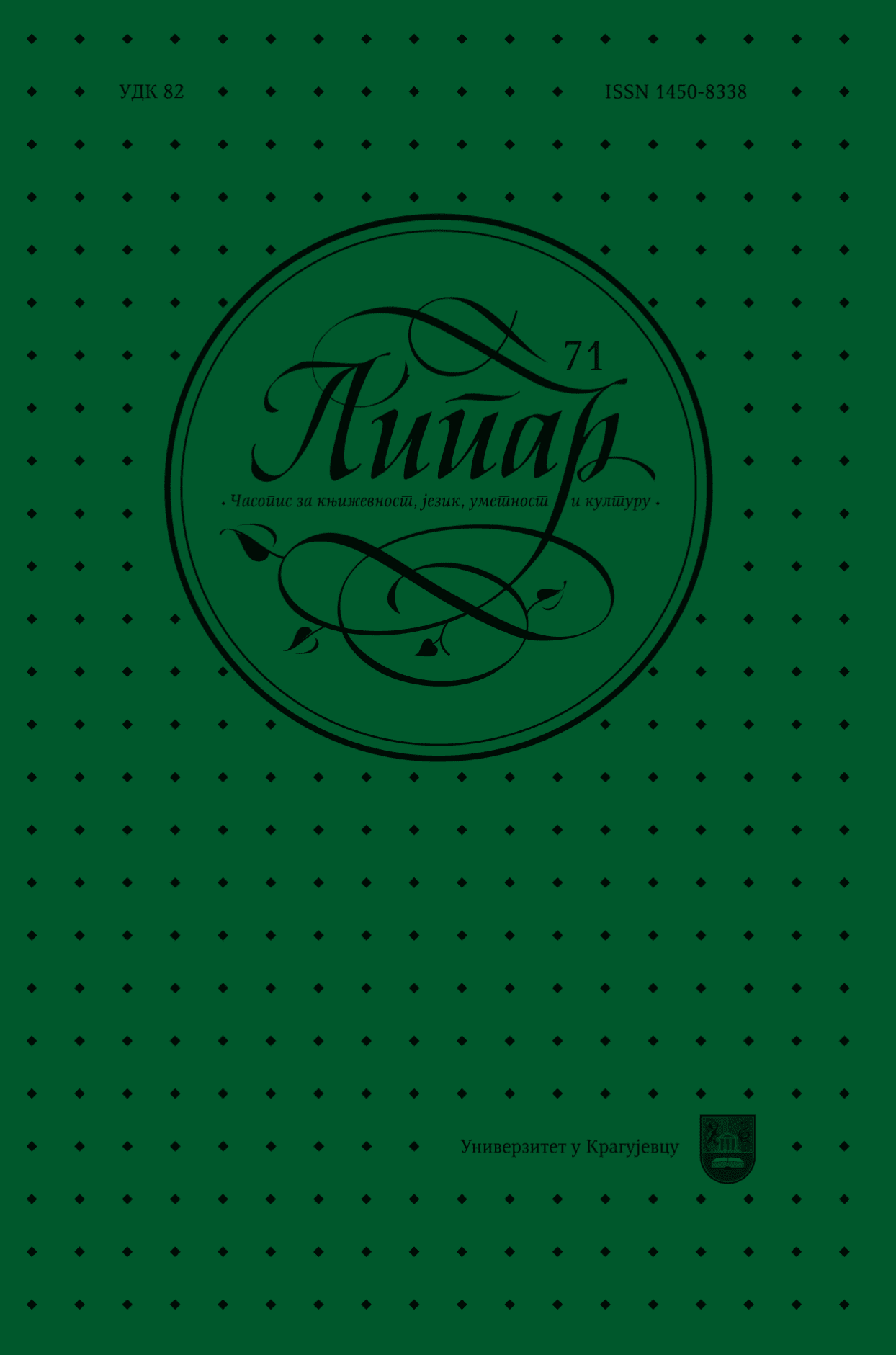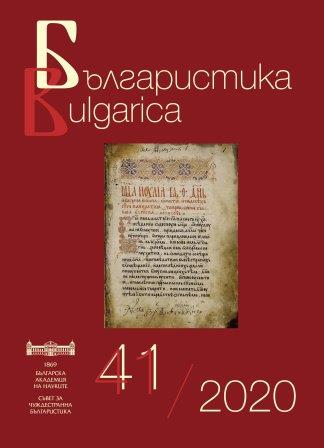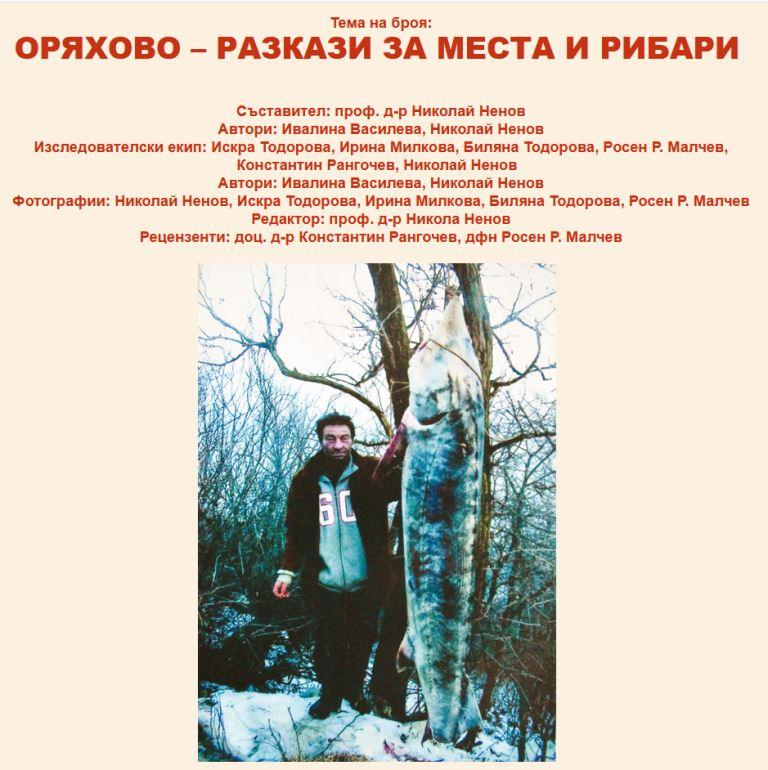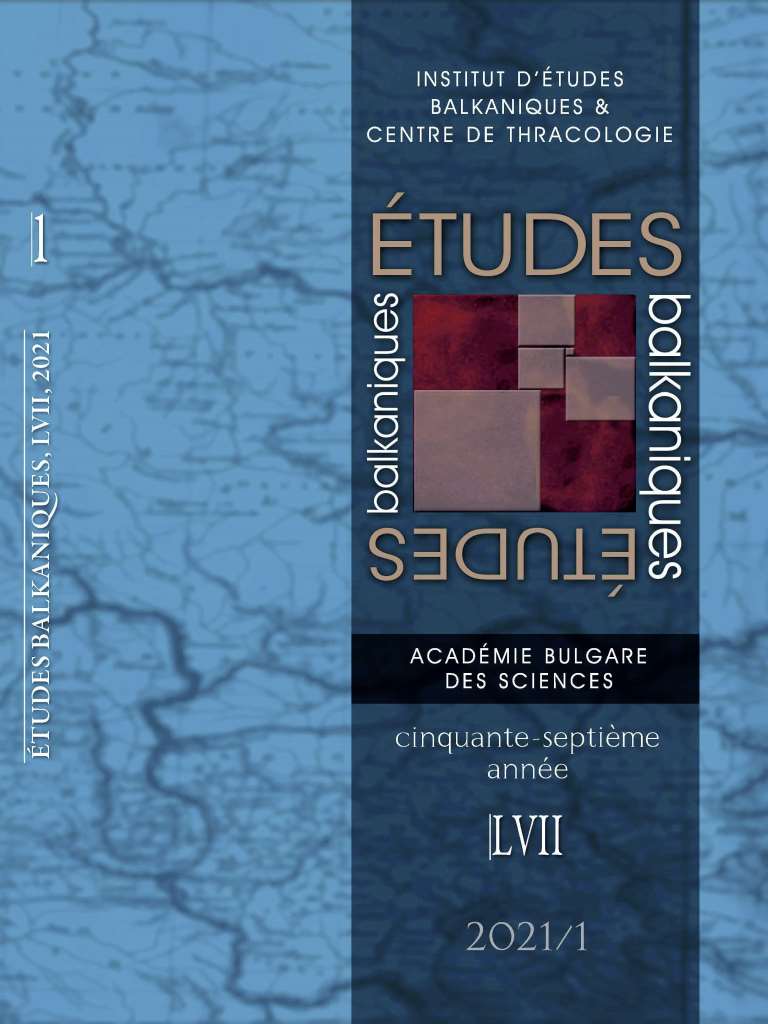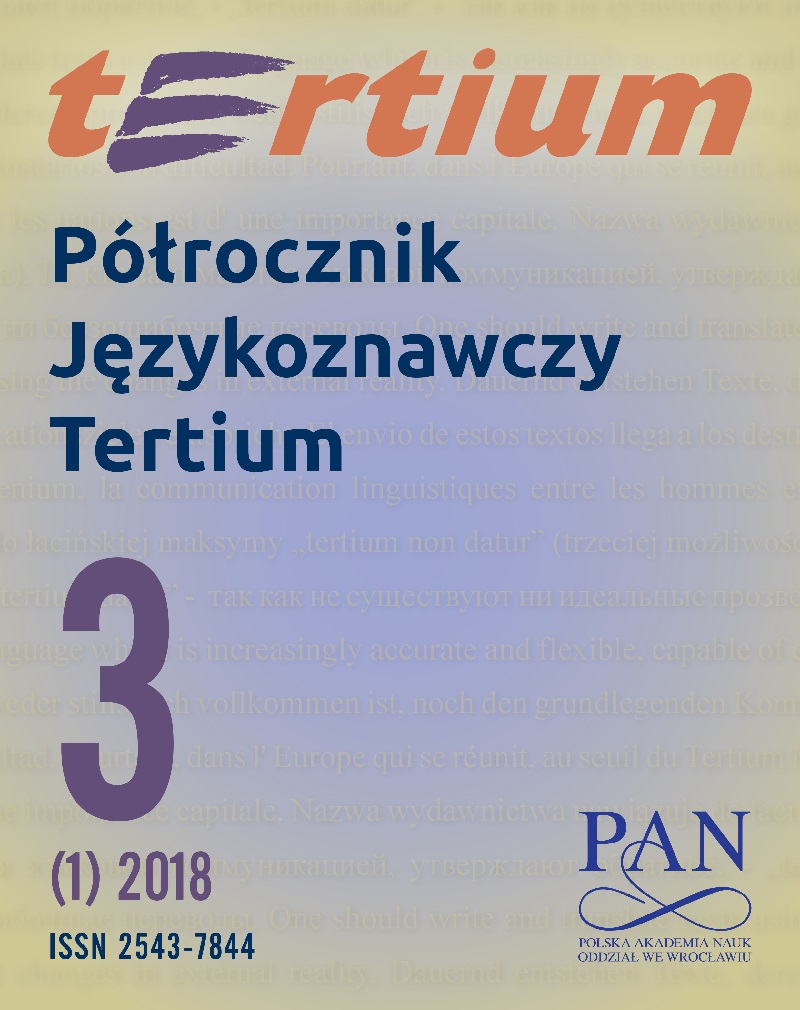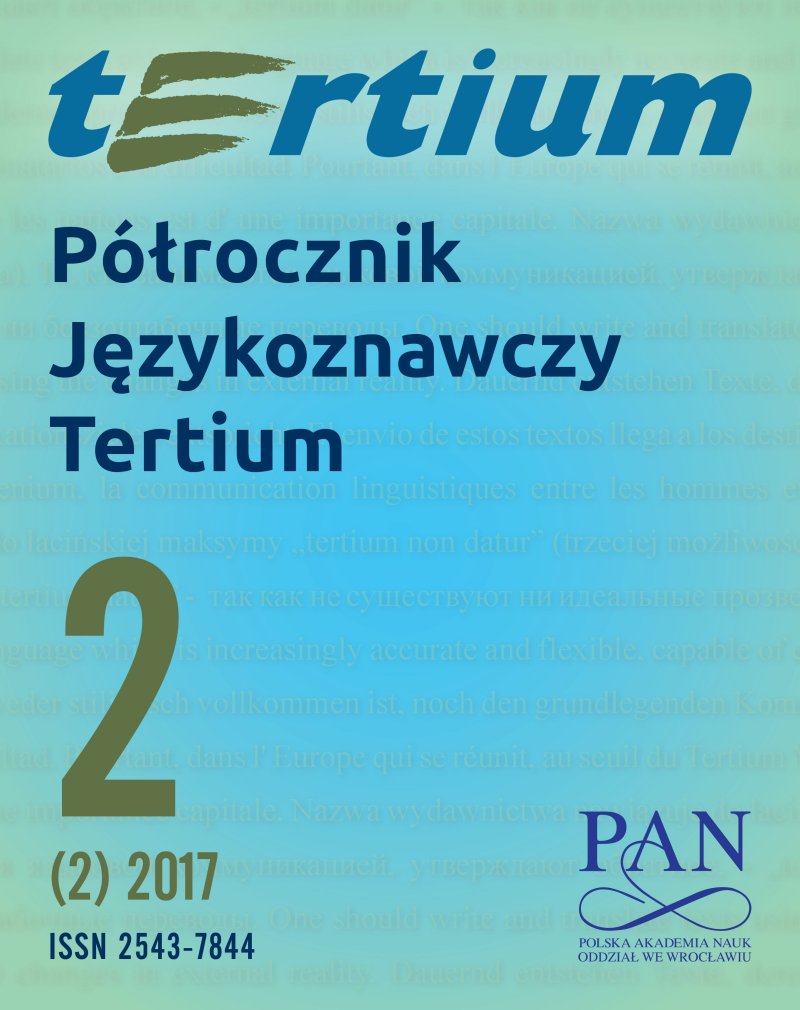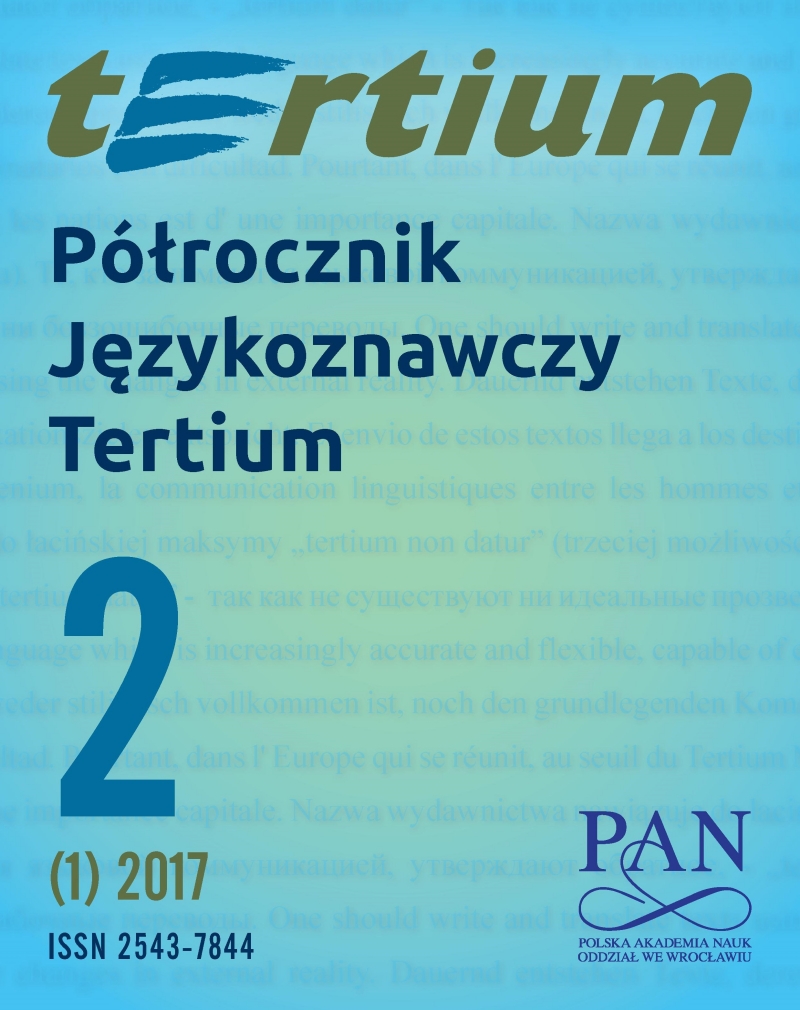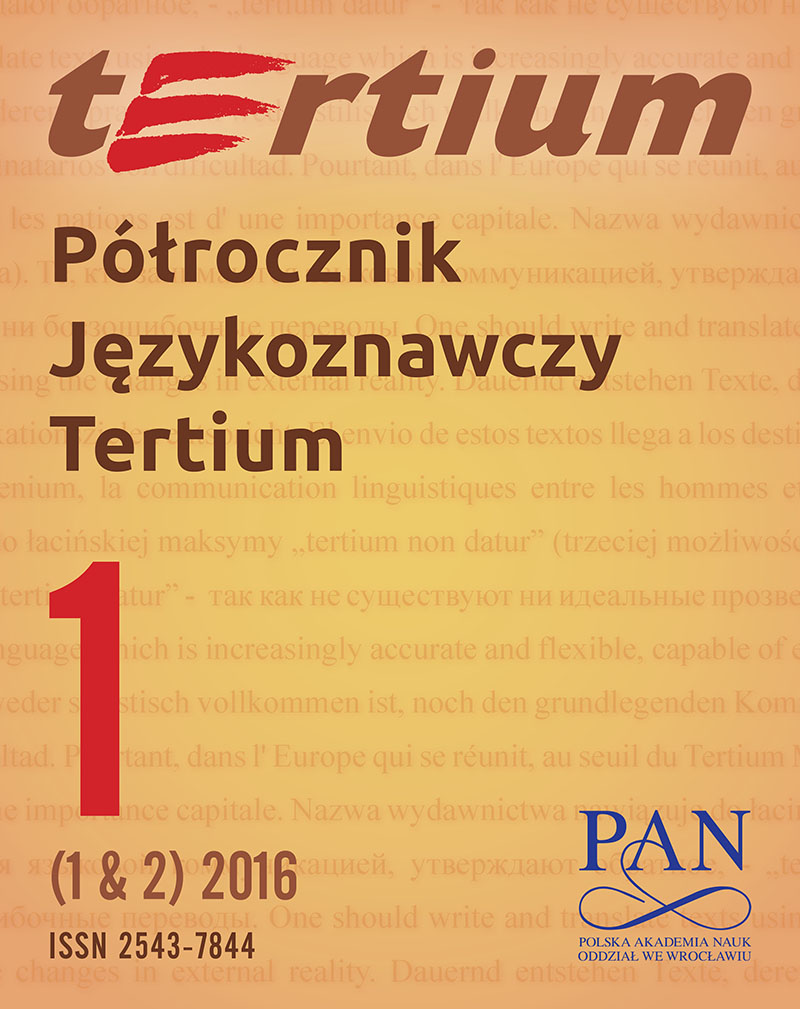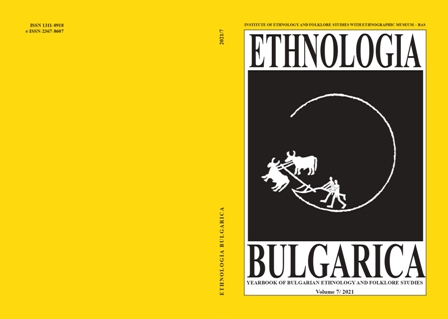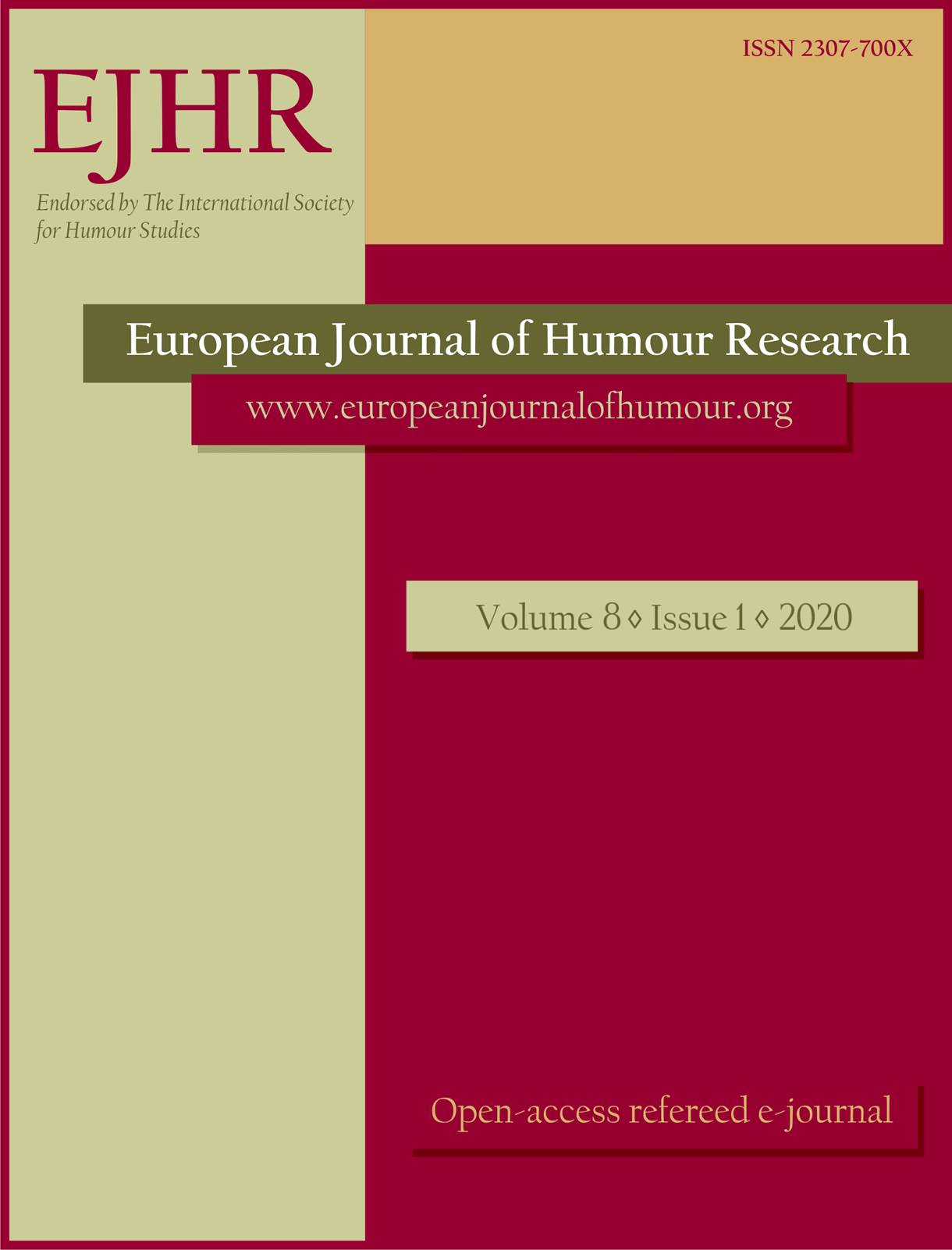Author(s): Bożena Zinkiewicz-Tomanek / Language(s): Polish
Issue: 1&2/2016
W artykule przedstawiono zmiany w języku ukraińskim po odzyskaniu przez Ukrainę niepodległości. Przed 1991 rokiem władza radziecka – prócz znanych z czasów Rosji carskiej różnego rodzaju zakazów ‒ stworzyła system ingerencji w wewnętrzne prawa językowe, zabraniając jednych wyrazów, konstrukcji syntaktycznych czy zasad ortograficznych, a propagując inne, bliższe językowi rosyjskiemu, który de facto posiadał pozycję dominującą w każdej prawie dziedzinie. Doprowadziło to do nienormalnej sytuacji językowej, nieświadomego mieszania języka ukraińskiego i rosyjskiego, do „rozchwiania” norm języka ukraińskiego zarówno fonetycznych, jak i morfologicznych, a także norm syntaktycznych oraz łączliwości leksykalnej. Dlatego też po 1991 roku ‒ prócz zmian w systemie leksykalnym, związanych z rozwojem nauki, techniki oraz przekształceniami politycznymi i ekonomicznymi ‒ obserwujemy dążenie do odejścia od form zrusyfikowanych, naruszających normy ukraińskiego języka literackiego i powrót do starych rodzimych tradycji językowych. // The article discusses changes in Ukrainian after Ukraine had regained independence. Prior to 1991, the Soviet authorities – apart from various prohibitions known from the time of Russian tsars – had created a system of interfering in internal laws of language, prohibiting certain words, syntactic constructions or orthographic rules, and propagating others, closer to Russian, which had a virtually dominating position in nearly all fields. This led to an abnormal linguistic situation, the unconscious fusing of Ukrainian and Russian, both at the level of phonetics and morphology as well as syntactic norms and collocations. That is why, after 1991 – apart from changes in the lexical system, associated with developments in science, technology and political and economic transformations – we can observe the tendency to depart from Russified forms, which violate the norms of Ukrainian literary language, and to return to old native linguistic traditions.
More...
